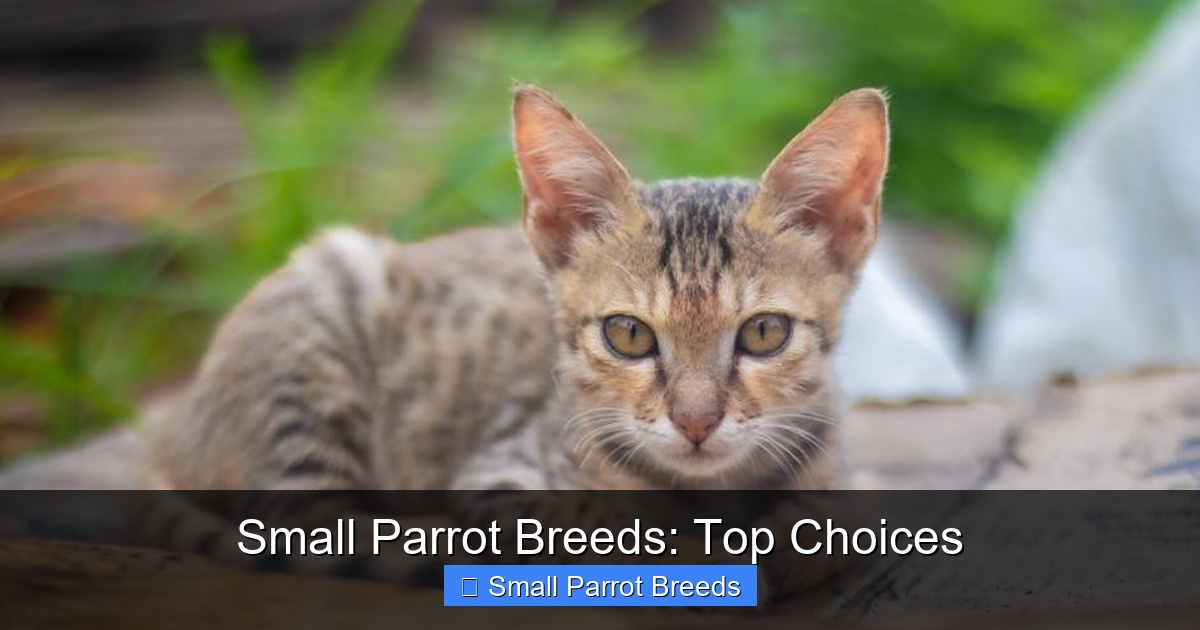
Featured image for this comprehensive guide about small parrot breeds
This is a comprehensive guide about small parrot breeds.
Frequently Asked Questions
What is small parrot breeds?
small parrot breeds is an important topic with many practical applications and benefits.
How can small parrot breeds help me?
Understanding small parrot breeds can improve your knowledge and provide practical solutions.
